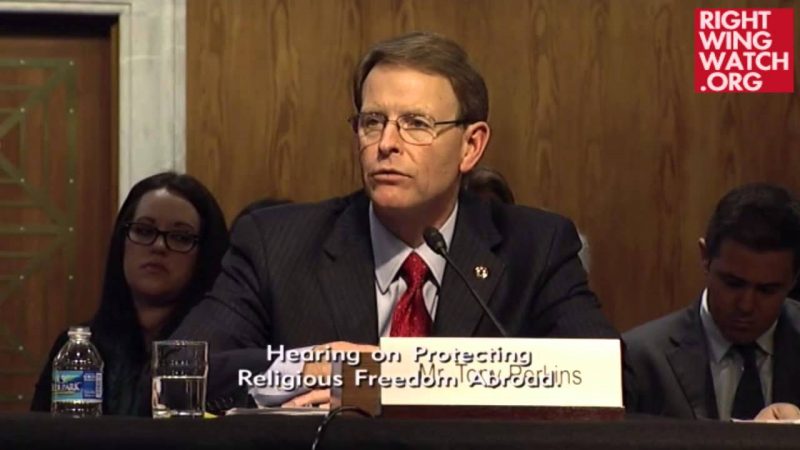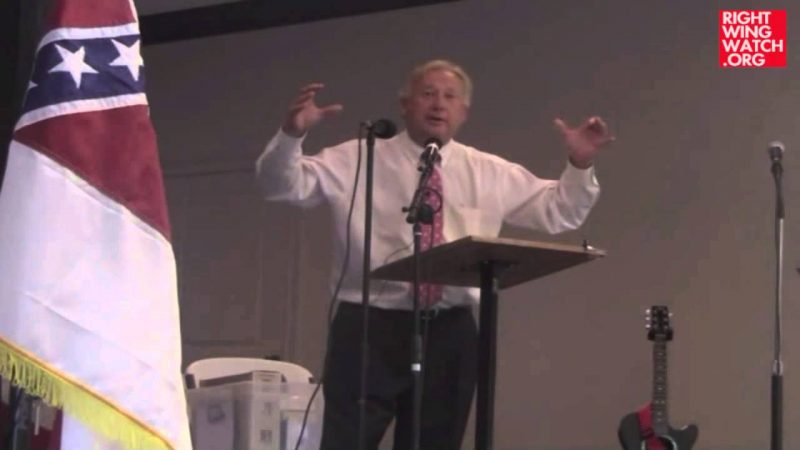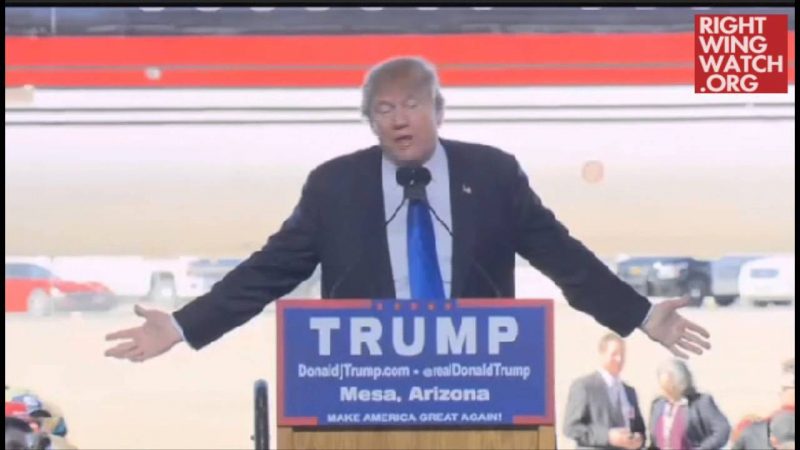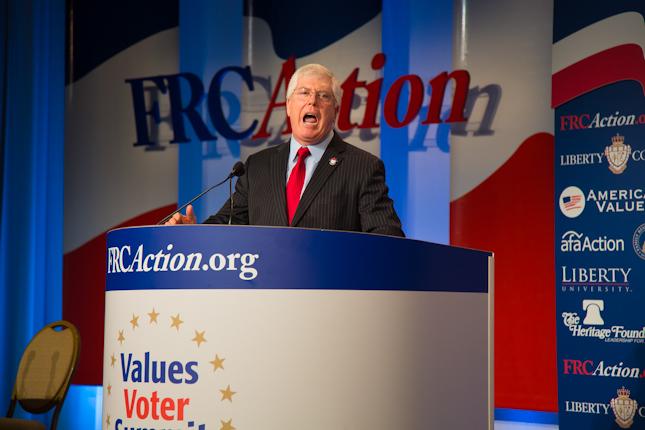Like fellow Religious Right activist Tony Perkins of the Family Research Council, Nate Kellum is citing the Pilgrims as a reason to oppose the contraceptive coverage mandate for employers:
As we sat down and enjoyed our traditional Thanksgiving meals, many of us remembered the Pilgrims’ quest for religious liberty. We considered how they came to this new country at great sacrifice, seeking the freedom to practice their religion.
But this noble quest is not just part of our history. The freedom to live according to faith is still being pursued today.
This quest is reflected in recent legal challenges to the Affordable Care Act’s contraceptive mandate, which forces Christian employers to supply insurance coverage for abortion-inducing drugs or face enormous and business-killing fines and penalties. Last Tuesday, the Supreme Court agreed to hear and resolve this vitally important issue.
While saying that for-profit corporations like Hobby Lobby have First Amendment-protected religious beliefs is one thing, the legend of the Pilgrims going to the New World to search for religious freedom is a myth, especially considering that the Pilgrims helped establish a virtual theocracy that persecuted dissenters.
Historian Kenneth C. Davis writes in Smithsonian:
From the earliest arrival of Europeans on America’s shores, religion has often been a cudgel, used to discriminate, suppress and even kill the foreign, the “heretic” and the “unbeliever”—including the “heathen” natives already here. Moreover, while it is true that the vast majority of early-generation Americans were Christian, the pitched battles between various Protestant sects and, more explosively, between Protestants and Catholics, present an unavoidable contradiction to the widely held notion that America is a “Christian nation.”
…
The much-ballyhooed arrival of the Pilgrims and Puritans in New England in the early 1600s was indeed a response to persecution that these religious dissenters had experienced in England. But the Puritan fathers of the Massachusetts Bay Colony did not countenance tolerance of opposing religious views. Their “city upon a hill” was a theocracy that brooked no dissent, religious or political.
The most famous dissidents within the Puritan community, Roger Williams and Anne Hutchinson, were banished following disagreements over theology and policy. From Puritan Boston’s earliest days, Catholics (“Papists”) were anathema and were banned from the colonies, along with other non-Puritans. Four Quakers were hanged in Boston between 1659 and 1661 for persistently returning to the city to stand up for their beliefs.








